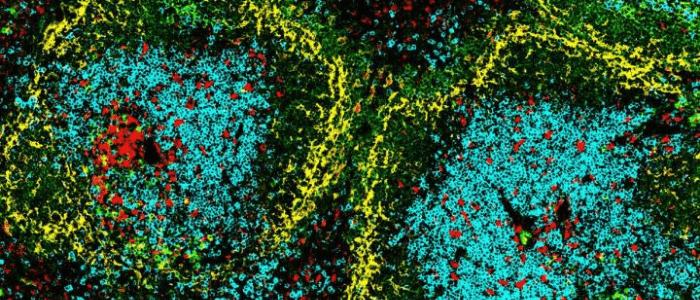The secret to improving immunity to cancers

The discovery of the role of a novel regulatory protein, DC-SCRIPT, in the production of immune cells – cDC1s – could afford a new avenue for cancer treatment.
A team of researchers from the Walter and Eliza Hall Institute (Parkville, VIC, Australia) has demonstrated the role of a novel regulatory protein – DC-SCRIPT – in the production of a type of dendritic cell that plays a key role in the immune response to infection, cDC1.
The team determined that DC-SCRIPT is essential for the effective production of cDC1s – immune cells that activate ‘killer’ T cells. Through understanding how these dendritic cells are produced, the researchers hope they will be able to determine how to direct the body to produce larger amounts of cDC1s, positioning the immune system to better control infectious diseases and cancers.
“What we found, is that without this new factor, the cells develop poorly, and their capacity to fight infection and cancer, or to clear a parasite, is diminished,” explained Stephen Nutt, co-study leader, on the importance of DC-SCRIPT.
“The next stage of our research is to try and work out how we can get the body to produce these particular dendritic cells, cDC1s, in large volumes in order to boost the body’s natural tumor response.”
Co-study leader, Michael Chopin, believes the secret to improving immunity to viruses and tumors lies with cDC1 cells. “This paper clearly shows DC-SCRIPT is one of the regulators of dendritic cell production. As a result of this study, we’re now focused on ways we could harness this to increase dendritic cell production,” he commented.
Through the study, the team has also created new tools capable of observing cDC1s and their interactions within the tumor environment, which could reveal more crucial insights.
This discovery has afforded much hope for the potential of manipulating the immune response through dendritic cell production and providing a new avenue for treatment against tumors.